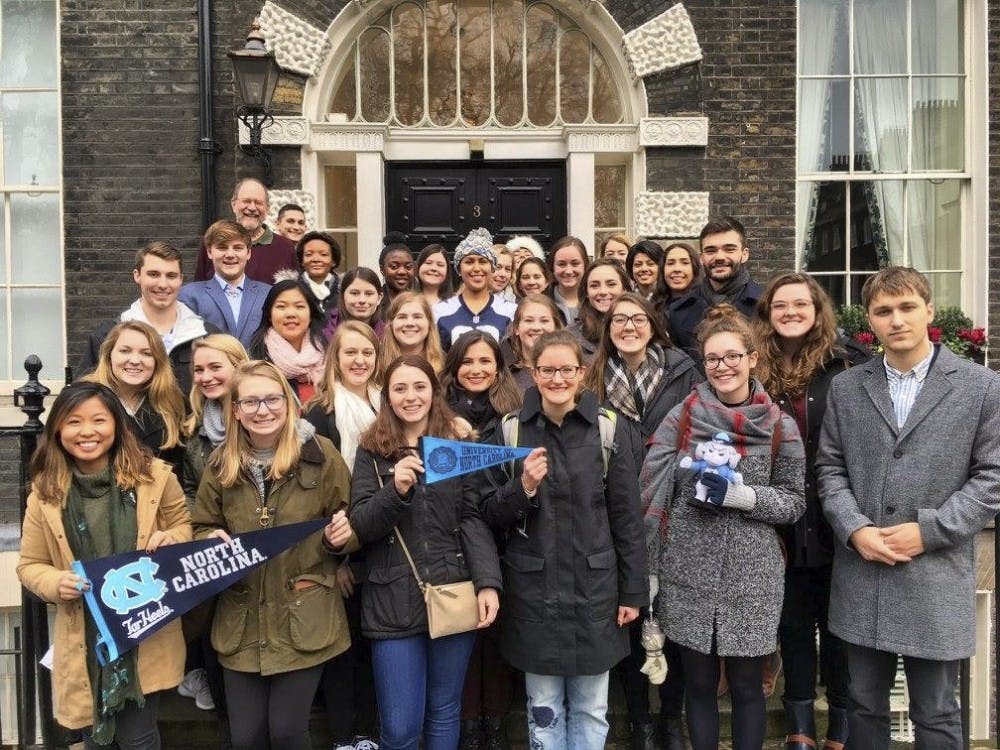With the recent opening of study abroad applications, Tar Heels are preparing to pack their suitcases and expand their world views. But what exactly should they know before saying “ciao” to Chapel Hill? Anna Wilson, a UNC graduate who works as a study abroad adviser, offered her expertise on study abroad to The Daily Tar Heel.
The Daily Tar Heel: Why do you believe that students should study abroad?
Anna Wilson: I think that (with) pretty much everyone in the study abroad office, we all work in this field because we’re very passionate about international education. We know how formative study abroad can be in the life of students in the college years. It’s not only crucial for students academically, but also it enables students to gain a larger sense of the world. It enables them to gain really crucial skills such as cultural competence, independence, language skills — any range of skills that are going to help them not only personally but professionally throughout their careers. And it’s just an opportunity to interact with different cultures and different people in a way that really opens their eyes to the rest of the world and that will shape them for the rest of their lives.
DTH: What should students look for in a program?
AW: There are a few different factors that students should take into consideration when considering a study abroad program. So one, obviously, would be the academics. So based on their major and the type of credit that they are looking to get abroad, they can look at different programs that meet those needs.
We have a range of different types of programs. Some programs are going to have, like, a determined set list of courses, they are going to be taught by UNC professors, for instance, for UNC graded credit. We have other programs that are going to get students transfer credits that can still count toward their degree requirements but that are going to be — I guess — a little bit differently structured academically.
Another thing that students can take into consideration is the length of the program, so whether or not they want to go abroad for a summer, a semester or an academic year. They can also mix and match and do a summer followed by a semester. Another thing that we tell students to look at is the type of immersion they're looking for, and do — I guess — the type of environment that they’re looking for. So, you know, some programs students would be mostly with other UNC or American students, which is obviously going to be a very different environment from an exchange program where a student might be the only UNC student on the program which would be taking all of their courses in a host university with local students and sometimes in a local language. So those are just a few factors.
DTH: Are there programs to study abroad in countries where students do not speak the language spoken in that particular country?
AW: Yes, so we have a number of programs, for instance in parts of continental Europe and Scandinavia where the local language spoken is not English where students have the opportunity to take courses taught in English.



